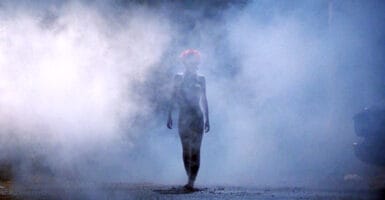People With Bad Memories May Also Not Have Imaginations
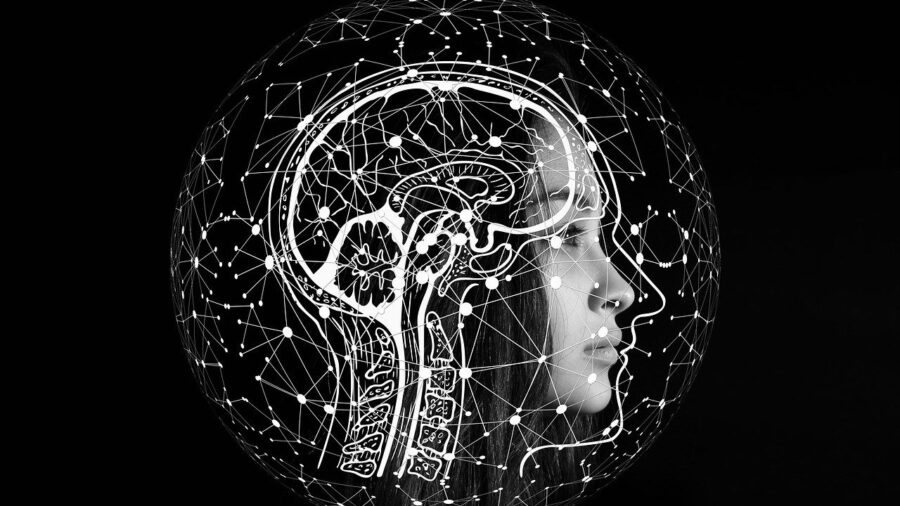
It’s called a “mind’s eye” – the ability to mentally visualize things. Many of us have it, but not all. Those who can’t picture things in their minds have a condition called aphantasia and, according to new research, may be less capable of remembering important events from their lives. In short, their memory may not be as good as those who have a “mind’s eye.”
Aphantasia Impacts Recollection
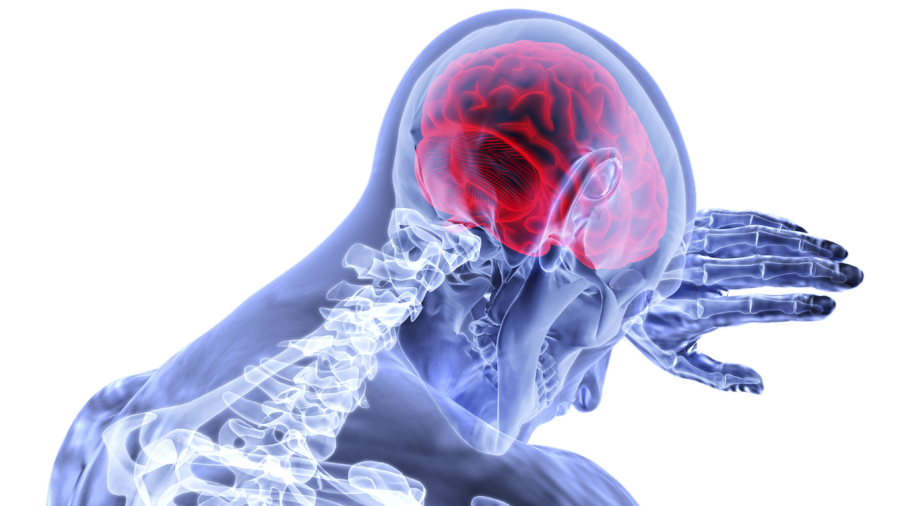
The name aphantasia is relatively new. The University of Exeter’s Adam Zeman published the first case report on aphantasia in 2003. It’s thought that around one in 50 people may have some degree of aphantasia. Some have a vivid “mind’s eye,” while others have none at all.
Results Of The Clinical Study
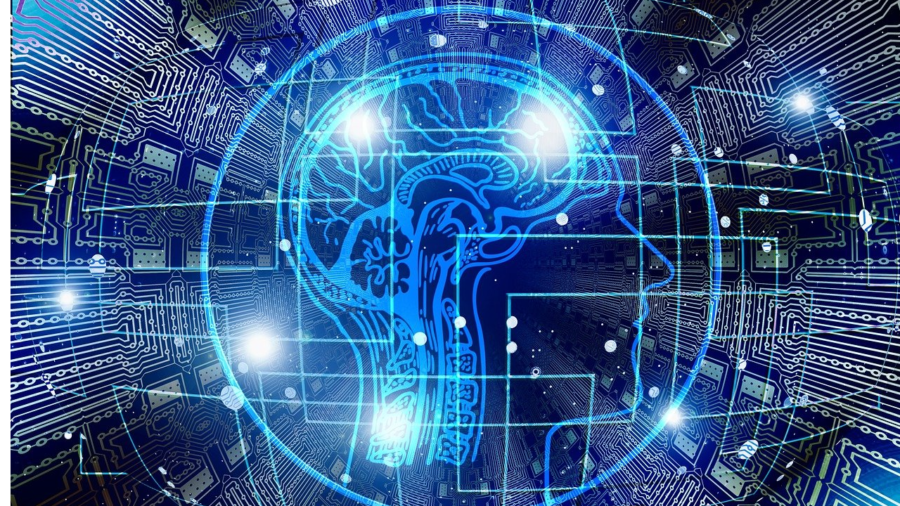
Researchers looked at 14 people with aphantasia and 16 non-aphantasic controls and asked them to try to remember events from five different periods of their lives: early childhood, adolescence, early adulthood, middle age, and all the way up to the past year. The result was those with aphantasia had a hard time recalling memories. They reported fewer details, less vivid narrative
The Importance Of The Hippocampus
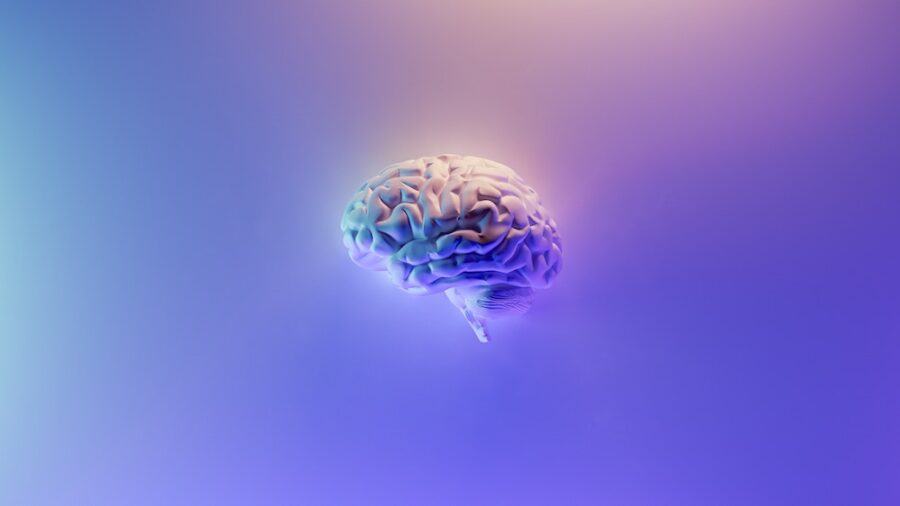
This all may have something to do with the hippocampus, one of the brain’s major memory hubs. Researchers used functional magnetic resonance imaging (fMRI) to look at the brain activity of the participants as they were trying to remember life events and it showed the hippocampus was less activated in people with aphantasia. Going further, researchers say reduced connectivity between the hippocampus and the visual cortex of the brain may be the reason behind the lack of mental imagery and a lesser ability to remember important life events.
Walter White Explained The Hippocampus

If you’re a big Breaking Bad fan, you may remember Walter White talking about the hippocampus. In one episode, he talked about how olfactory (sense of smell) sensors connect to the hippocampus, and there is actually research that shows that certain smells (specifically, sweet ones) may be able to improve memory.
The Mind’s Eye And Memory

Researchers say visual mental imagery is vital for a detail-rich and autobiographical memory and that cognitive function is supported by the connection between two very important parts of the brain: the hippocampus and the visual cortex.
There is hope, though, for those with aphantasia. There is training in visual imagination that researchers say may help those with memory disorders to improve long-term memory. This may even include people suffering from Alzheimer’s, although future studies will need to be done on that.
Childhood Imagination
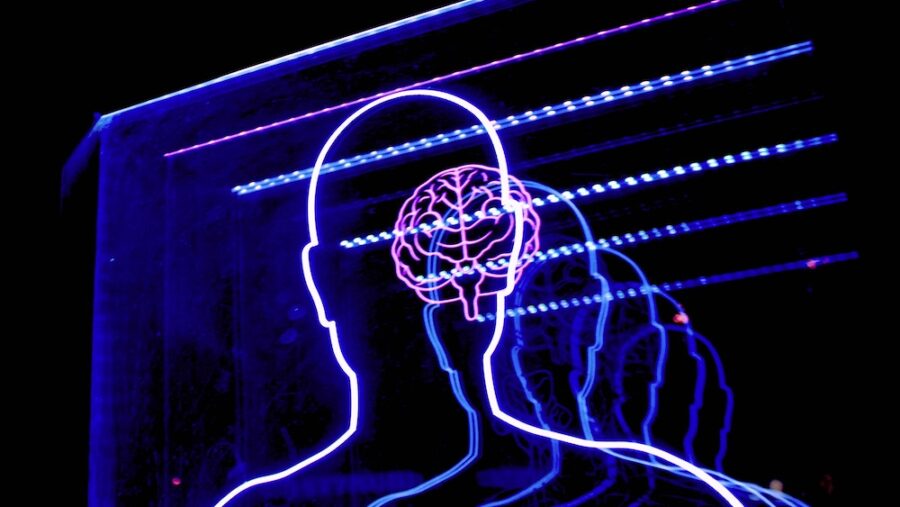
Having an active imagination is something we would get in trouble for back when we were in elementary school. You would see it turn up on a report card or two … or three. However, now it turns out that it may actually be a good thing when it comes to memory. Being able to picture people, places, and things mentally may help us remember important events as we get older.
Source: eLife


